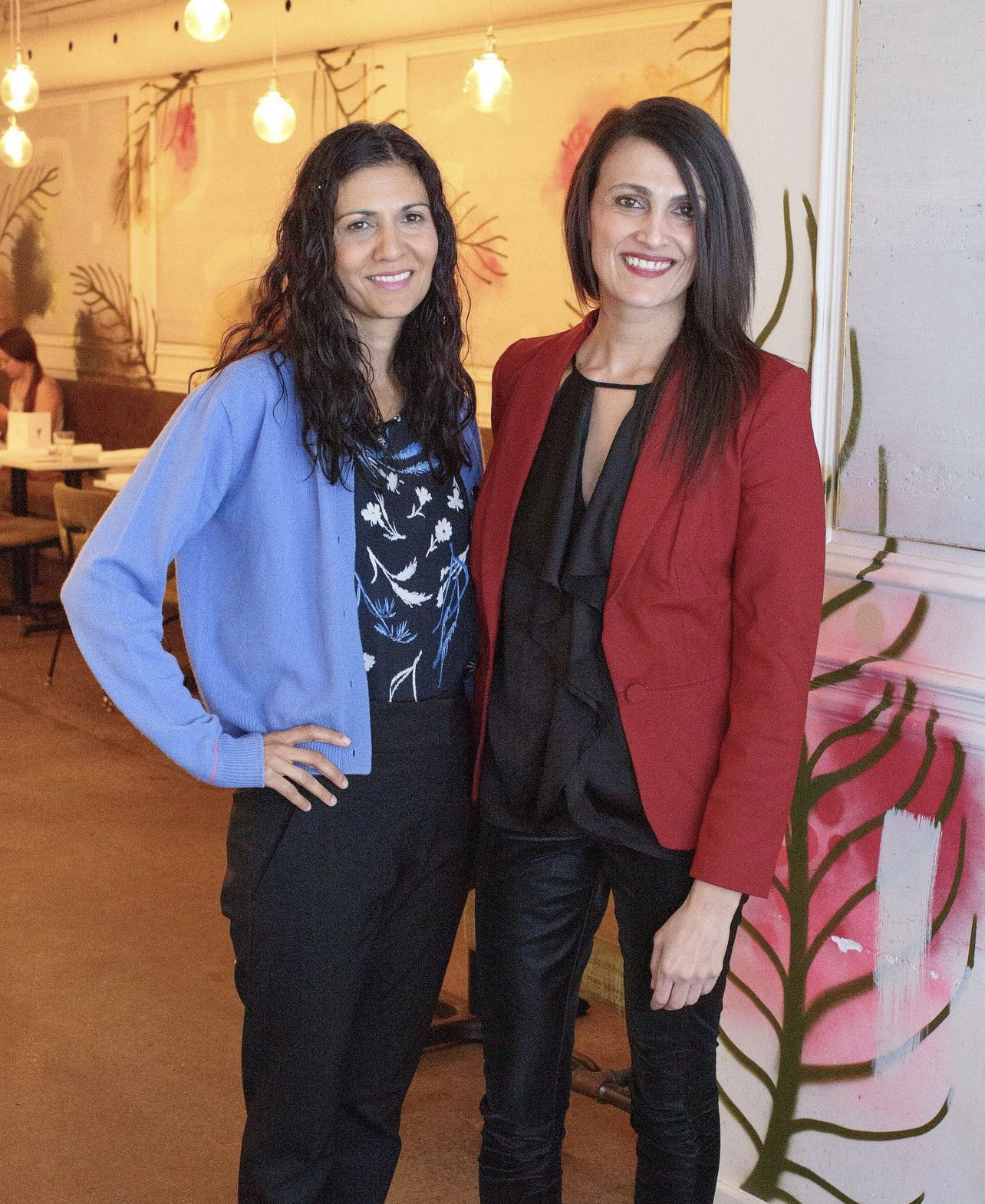
Why are more than 80 percent of Canada's small and medium-sized businesses (SMEs) owned by men? Broad-scale research might tell you the following:
Overconfidence is a key psychological predictor of becoming an entrepreneur, and men tend to exhibit higher levels of overconfidence than women.
Women are more likely to have humility and a realistic judgment of risk, which can discourage them from starting ventures after experiencing failure.
Crowdfunding platforms provide more opportunities for women to succeed compared to traditional funding sources.
There are a lot of unanswered questions here. What we do know is that achieving gender equality in the workforce could contribute an additional $150 billion to Canada's GDP. Yet currently, the number of female-owned Canadian SMEs is a mere 17%. Of that demographic, 2.3% of venture capital (VC) funding worldwide has been allocated.
Two questions to consider here: Why are women underrepresented in Canadian SMEs? And what is needed to support more women to become entrepreneurs?
A Women's Enterprise Organizations of Canada report identified that external funding sources are not always aligned with the values and potential for growth that female entrepreneurs possess.
One participant noted, "Pitching to investors who are 98.99% male, when you are building a business that is for women, understood by women and will be used by women using technology, is like throwing yourself in the lion's den because it's male-dominated. It's impossible."
Our analysis thus far of business owners in Oakville, including both male and female entrepreneurs, has revealed a common thread in terms of the general qualities needed to thrive.
France Fournier, the President & CEO of the Oakville Chamber of Commerce, found this as no surprise, emphasizing that qualities like vision and the ability to identify new opportunities are fundamental. But life navigating, and even beyond the entrepreneurial realm, poses unique challenges that require grit.
While examining cases of SMEs operated by female entrepreneurs, recurring themes emerged: the additional adversity they faced due to limited access to venture capital, navigating predominantly male industries, and the added responsibilities of being family managers.
When we brought our inquiry to the streets of Oakville, we spoke with Alka Dhir and Vanusa Moore, owners of Community Restaurant in Kerr Village, who have firsthand experience with these obstacles. In addition to raising accomplished children, they have made significant contributions to the Oakville community by turning their passion for veganism into a scalable business whilst using their platform to promote their values of equity, diversity, and inclusion (EDI).

Systematic discrimination has added fuel to the fire that makes it difficult to promote EDI; for example, when hosting a drag-themed brunch, they received threats and faced issues with unpaid or uncollected orders.
Yet they continue to stay true to their mission, which includes regular donations to Interim Place women's shelter and events to give back to the community. During the pandemic, when they were not profitable, this entailed 50% discounts to healthcare workers.
However, securing funding has proven to be a significant obstacle, especially for small businesses. In addition, government funding policies often do not consider the unique needs of entrepreneurs who are also parents.
"Financial resources and support have been extremely challenging to obtain, particularly for a small business," Alka explained. "Establishing collateral and a strong credit profile are prerequisites. For some aspiring entrepreneurs, this may be exceptionally difficult."
This sentiment was echoed by Alison Kirkland, CEO of the Women's Enterprise Organizations of Canada. Kirkland surveyed over 1,000 Canadian female entrepreneurs and discovered that many relied on personal savings, household funds, and even credit cards as capital to launch their businesses.

Among many things that stood out from this, it's clear that there's an urgent need for better access to financial resources and support for aspiring entrepreneurs.
Beyond the credit profile and collateral assets, Kirkland looks at the vision for the organization and offers guidance throughout the process. She recognizes that it's crucial to back the commitment with financial backing, but managing that money effectively is what's important.
We needed an expert in the field, and Jennifer Watson, managing partner at Watson Investments and recent mother, brings a wealth of experience when it comes to this topic. In addition to having experienced the challenges of securing funding and managing it effectively, Watson helps people and businesses create opportunities and navigate the complexities of financial planning.

She feels that determining one's access to funding based largely on credit score and collateral assets can be limiting and doesn't always capture the full potential of an entrepreneurial venture but is still highly necessary to assess.
Watson says all business owners, regardless of gender, need to keep a close eye on their finances to be prepared to make informed decisions, navigate challenges and seize growth opportunities with confidence.
Looking forward to how the country can empower its women to take on these leadership roles in business and entrepreneurship, we spoke to Kerry Colborne, a broker at Force 10 Capital Management.
Colborne stated, "Investors expect entrepreneurs to have a thorough understanding of their business plan and its execution, including a clear understanding of the required funds and their purpose."
She emphasized that the worst response an entrepreneur can give when asked how much funding they need is "As much as you'll give me!" which she all too often encounters.
Moving forward, light needs to be shed on the expectations of investors as well as the importance of entrepreneurs having a comprehensive understanding of their business plans and funding requirements.
To truly bridge the gender gap in business ownership, it will require collaboration between policymakers, industry leaders, and organizations dedicated to supporting entrepreneurs of small businesses.
We can’t keep Oakville News free for those who can’t afford it without your support. If you are already donating, thank you. If not, please click here to donate: https://oakvillenews.org/donation